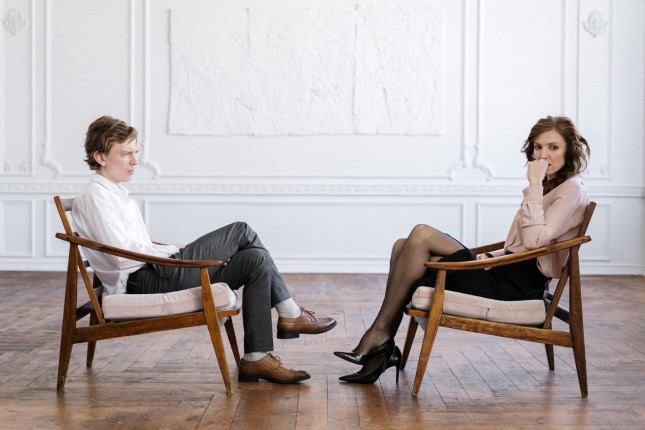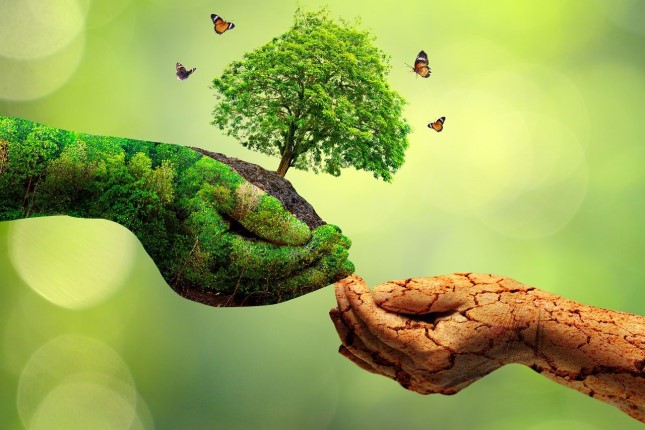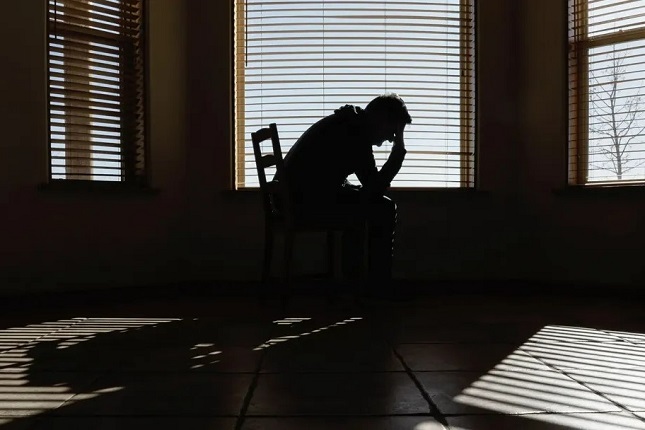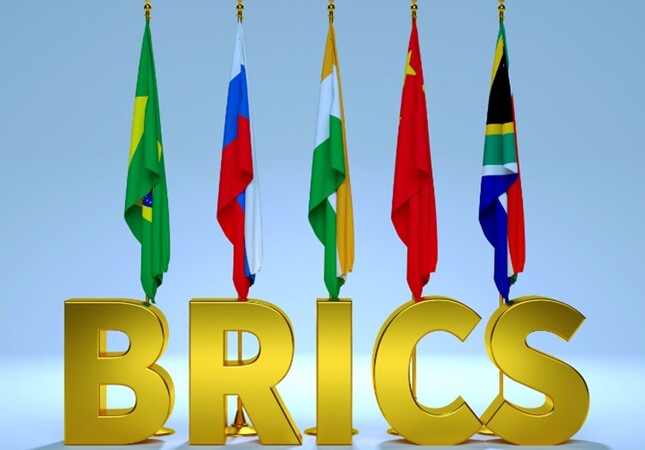Europeans are bracing for a harsh winter and entering a state of survival as the continent faces an impending economic downturn and energy catastrophe. Western European consumer confidence has plummeted since the Ukraine crisis began in February, especially in the United Kingdom and Germany, and has continued to decline in recent months.
According to recent polls, consumer confidence has dropped across the board in the three largest countries in the Eurozone as high inflation shows no signs of abating as winter approaches. The GfK institute predicts that German consumer confidence will hit a record low for the fourth consecutive month in October. High energy and electricity prices could drive many industries to shut down, which would have a devastating impact on the economy and jobs. They foresee "periods of widespread unemployment and despair" within the next five years, in stark contrast to the "continuous good times" and growth that Europeans have now experienced for decades.
The results of the survey suggest that many Europeans are concerned that they will soon no longer have the financial freedom to purchase whatever they like. Many people are worried they won't be able to keep up with their mortgage and utility payments. If you're struggling to put food on the table every day, a trip to the mall once a week is out of the question.
No European has ever seen something like this in the last three generations. Given that Europeans place a premium on material possessions to define a successful and fulfilling life, one has to worry about how the continent's population would cope psychologically.
Some of the highest rates of depression, anxiety, and stress in the world may cause concern that Europeans are not mentally prepared to weather the financial and political storm that has befallen their continent.
However, perhaps a period of an economic downturn is just what Europe needs to help its citizens recover from the widespread mental illness they now face. In terms of love and unselfish devotion to others, Europeans are often quite poor despite their worldly abundance. Many people's minds and souls have been broken by the culture of selfishness that materialism and steady economic progress have fostered.
One might wonder if Europe's economic downturn might not turn out to be a good thing after all.
Possibly by fate, Europe is presented with a once-in-a-lifetime chance to take a break from the world's relentless pursuit of material success, which could prove to be a blessing in disguise. As a result of being cut off from the means to pursue material wealth, people may be more likely to reflect on what really matters in life and even have a spiritual awakening.
To achieve mental stability and perhaps even to be cured of any depressive tendencies, one should focus their attention on all the things that are off the market.

Learning to appreciate the intangibles of life, such as genuine affection and altruistic aid to others, is a great place to start. Even though self-awareness and satisfaction have been emphasised in modern psychology, putting others' needs ahead of one's own can have surprising therapeutic benefits and provide immense satisfaction.
While many mistakenly believe that love exists to satisfy their own feelings, the true nature of love is that it is an act of selfless giving. Also, the science of psychology tells us that forgetting about oneself has a hugely positive effect on the mind.
Get the ball rolling on discovering all that's gratis:
- Boost your social life by spending more time with loved ones, acquaintances, and coworkers. It costs nothing to show affection for one another, share a laugh, or show kindness. Let loose and enjoy yourself. Use humour. Laugh.
- Provide pro bono assistance to those in your community who could benefit from it. Having said that, you shouldn't count on receiving anything in return. Give cheerfully.
- Put an end to making negative comparisons with other people on social media. Instead, you two should get together face-to-face. You should give that person your undivided attention and time.
- Get out into nature more often. While you bask in its splendour, think about how it makes you feel good on all levels.
- Look at how worry-free animals live. They make it without a formal economy or banking system by trusting in the beneficence and providence of Mother Nature.
- Acquire some new knowledge, maybe a language or some philosophical principles. Visit a library or enrol in online classes at no cost to you.
- Count your blessings that you were even given this chance at life.
- Consider the possibility that there is something more to reality beyond what we can perceive with our five senses.
- Those receptive to spirituality can develop a connection with something that is everlasting and immaterial through prayer.
- Consider what you want to be remembered for when you're on your deathbed. When you think back on your whole life, what do you think counts the most?
We don't have to spend any money to enjoy the things that truly matter to us. Love is without cost. Money can't buy love because true love costs nothing. True love never stops evolving.
Additionally, everyone possesses an infinite potential for love. You can always find something to love or something to love more. Or, you may give yourself a challenge in the area of love by deciding to start loving your opponent or even enemy. Affirm your love for someone you don't like or have a strained relationship with by thinking warm thoughts about them.
If Europeans are up for prioritising love over money throughout the recession, they may emerge from the crisis feeling richer than they did before it began.
































